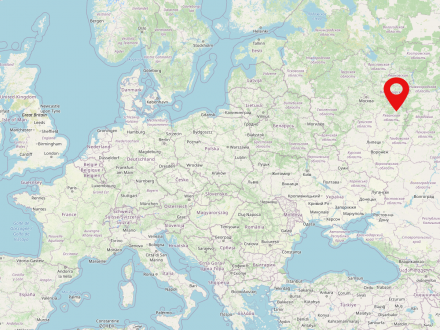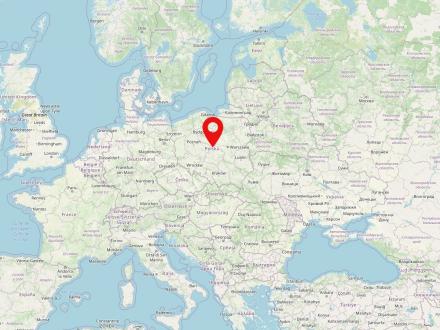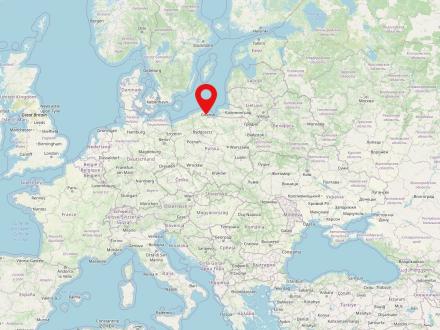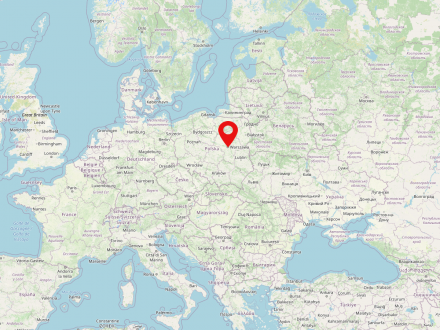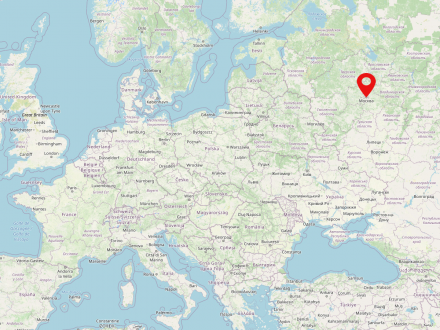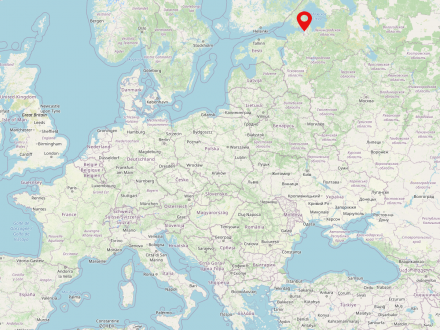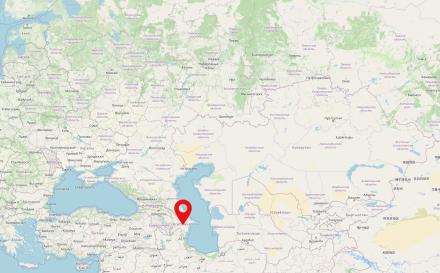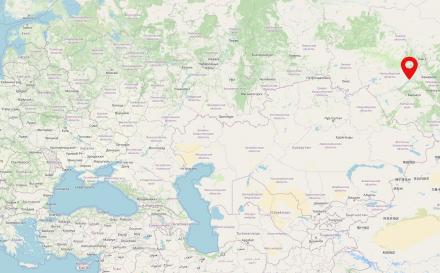The Soviet Union (SU or USSR, Russian: Союз Советских Социалистических Республик, СССР) was a state in Eastern Europe, Central and Northern Asia existing from 1922 to 1991. The USSR was inhabited by about 290 million people and formed the largest territorial state in the world, with about 22.5 million square km. The Soviet Union was a socialist soviet republic with a one-party system.
Each socialist country developed its own style of dealing with jazz. The situation was most favorable for jazz in
The People's Republic of Poland was a socialist state existing from 1944 to 1989 within the borders of present-day Poland. The single socialist party of the one-party state was the communist Polish United Workers' Party (Polska Zjednoczona Partia Robotnicza, PZPR).
Sopot is a city in the north of Poland and is inhabited by 35,000 people. The city is located in the Pomeranian Voivodeship (Polish: Pomorskie) north of Gdańsk (German: Danzig), directly on the Baltic Sea. Sopot is a well-known spa town in Poland and is part of the Trójmiasto (literally 'Tri-City') agglomeration of the cities of Gdańsk, Gdynia and Sopot.
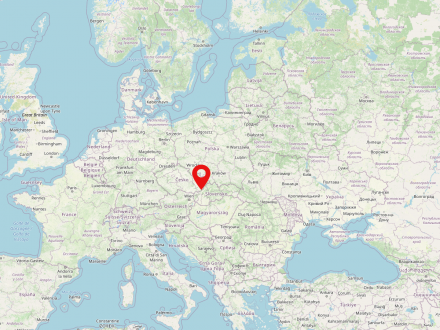
Czechoslovakia was a state existing between 1918 and 1992 with changing borders and under changing names and political systems, the former parts of which were absorbed into the present-day states of the Czech Republic, Slovakia and Ukraine (Carpathian Ukraine, already occupied by Hungary in 1939, from 1945 to the Soviet Union). After 1945, Czechoslovakia was under the political influence of the Soviet Union, was part of the so-called Eastern Bloc as a satellite state, and from 1955 was a member of the Warsaw Pact. Between 1960 and 1990, the communist country's official name was Czechoslovak Socialist Republic (abbreviated ČSSR). The democratic political change was initiated in 1989 with the Velvet Revolution and resulted in the establishment of the independent Czech and Slovak republics in 1992.
Although the cultural politicians of the Soviet Union claimed for their country the leading role in Eastern Bloc jazz, this role naturally fell to Poland, which with its Jazz Jamboree, the international jazz festival held in
Warsaw is the capital of Poland and also the largest city in the country (population in 2022: 1,861,975). It is located in the Mazovian Voivodeship on Poland's longest river, the Vistula. Warsaw first became the capital of the Polish-Lithuanian noble republic at the end of the 16th century, replacing Krakow, which had previously been the Polish capital. During the partitions of Poland-Lithuania, Warsaw was occupied several times and finally became part of the Prussian province of South Prussia for eleven years. From 1807 to 1815 the city was the capital of the Duchy of Warsaw, a short-lived Napoleonic satellite state; in the annexation of the Kingdom of Poland under Russian suzerainty (the so-called Congress Poland). It was not until the establishment of the Second Polish Republic after the end of World War I that Warsaw was again the capital of an independent Polish state.
At the beginning of World War II, Warsaw was conquered and occupied by the Wehrmacht only after intense fighting and a siege lasting several weeks. Even then, a five-digit number of inhabitants were killed and parts of the city, known not least for its numerous baroque palaces and parks, were already severely damaged. In the course of the subsequent oppression, persecution and murder of the Polish and Jewish population, by far the largest Jewish ghetto under German occupation was established in the form of the Warsaw Ghetto, which served as a collection camp for several hundred thousand people from the city, the surrounding area and even occupied foreign countries, and was also the starting point for deportation to labor and extermination camps.
As a result of the Warsaw Ghetto Uprising from April 18, 1943 and its suppression in early May 1943, the ghetto area was systematically destroyed and its last inhabitants deported and murdered. This was followed in the summer of 1944 by the Warsaw Uprising against the German occupation, which lasted two months and resulted in the deaths of almost two hundred thousand Poles, and after its suppression the rest of Warsaw was also systematically destroyed by German units.
In the post-war period, many historic buildings and downtown areas, including the Warsaw Royal Castle and the Old Town, were rebuilt - a process that continues to this day.
Moscow (Russian Москва́) is the capital of Russia and also the largest city in the country. With about 12.5 million inhabitants, Moscow is the largest city on the European continent.
Saint Petersburg is a metropolis in the northeast of Russia. The city is home to 5.3 million people, which makes it the second largest in the country after Moscow. It is located at the mouth of the Neva River into the Baltic Sea in the Northwest Federal District of Russia. Saint Petersburg was founded by Peter the Great in 1703 and was the capital of Russia from 1712 to 1918. From 1914-1924 the city bore the name Petrograd, from 1924-1991 the name Leningrad.
Azerbaijan is a Near Eastern state with a population of about 10. The country is located at the southeastern end of the Great Caucasus Mountains, on the west coast of the Caspian Sea. The capital, with a population of over two million, is Baku. Azerbaijan's neighbors are Russia, Georgia, Iran, Armenia and Turkey.
Novosibirsk is the capital of the russian oblast of the same name and, with a population of around 1.6 million, also the largest city in Siberia. The history and rise of the city are closely connected with the construction of the Trans-Siberian Railway.



